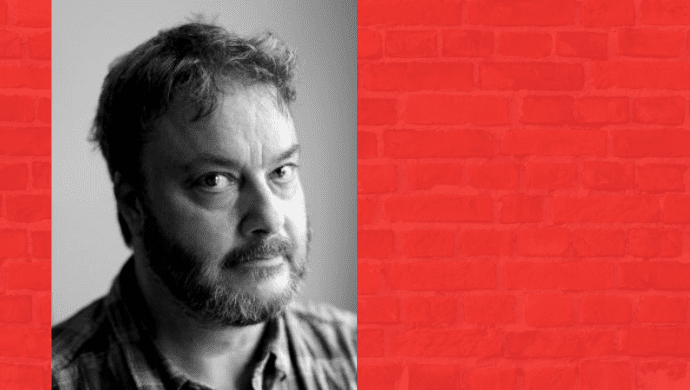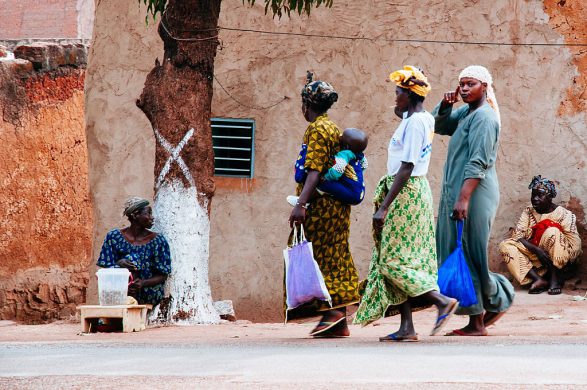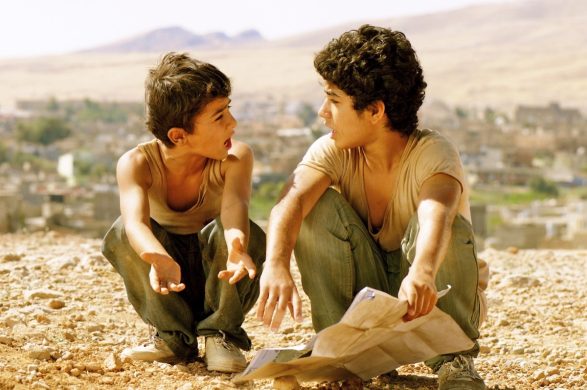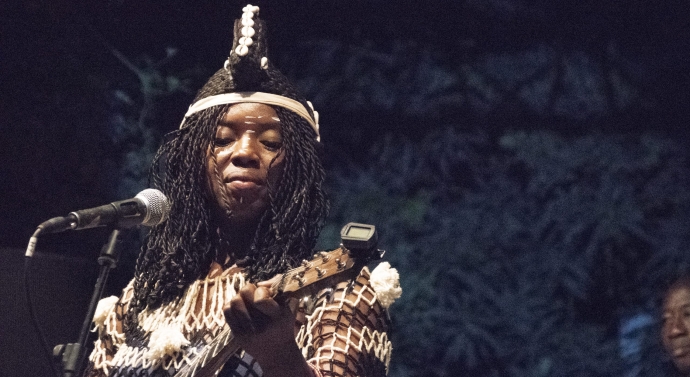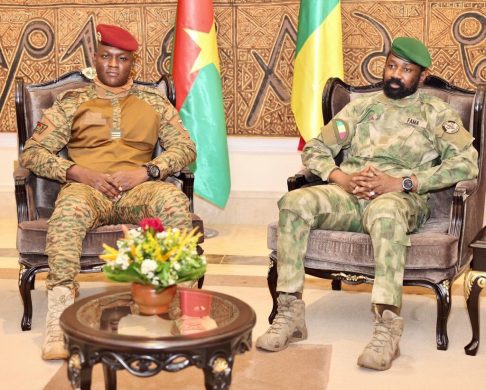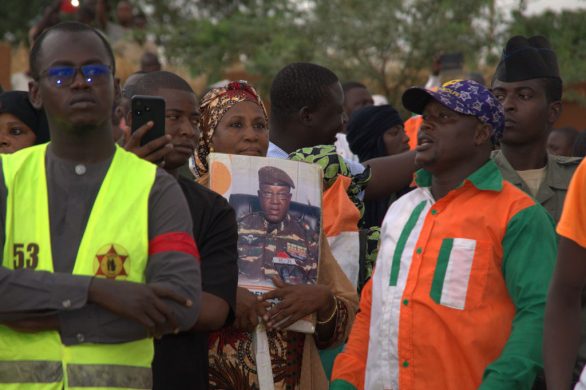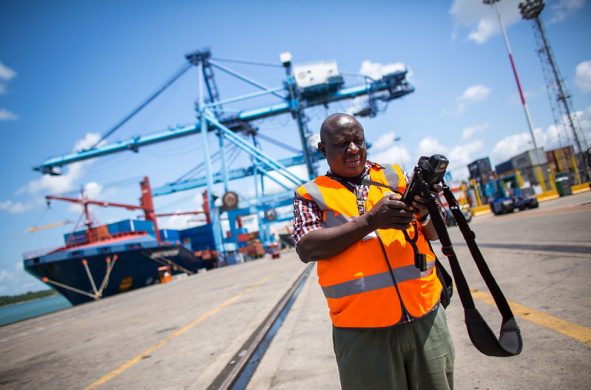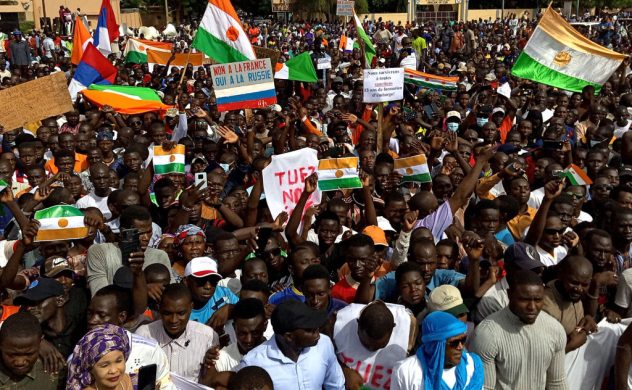NEW YORK, 16 June 2017 (UN News): Despite progress towards peace in Mali, terrorist attacks remain a major obstacle, the head of the United Nations peacekeeping operation there told the Security Council today.
Mahamat Saleh Annadif, Special Representative of the Secretary-General and Head of the UN Multidimensional Integrated Stabilization Mission, known by its French acronym, MINUSMA, reported significant progress on implementing the Agreement on Peace and Reconciliation over the past months, but agreed that terrorists and extremists were gaining ground as existing tensions threatened to derail achievements.
“Mali's central region is a continuing source of concern,” said Mr. Annadif as he encouraged the Council to focus on the pressing security challenges and “to send a strong message that civilian killings must end” while considering the renewal of MINUSMA's mandate.
Since Security Council resolution 2295 (2016) gave the Mission a “robust” mandate, noted the envoy, “financial support must continue to ensure its ability to maintain its full functions, including the ability to assist Mali's armed forces.”
While scaling up support for the Agreement, MINUSMA would also continue to assist international mediation efforts and strengthen national capacity, he explained, saying that “although neighbouring countries had committed recently to deploying uniformed personnel and equipment, the lack of escort and convoy battalions was a major roadblock to continued progress.”
Mr. Annadif went on to note that the National Understanding Conference had been held satisfactorily, further indicating that the Charter for Peace, Unity and Reconciliation was being developed. In addition, the interim authorities had been established in the five regions concerned.
“The various operational coordination mechanisms and joint patrols are on track,” he told the Council, while the process of security sector reform, disarmament, demobilization and reintegration continues, although the pace is slow.
These are, according to Annadif, “among many positive developments, in addition to the institutional and political reforms, that are to be credited to the Government.”
However, he warned, these positive developments risk being annihilated by the tension that has existed for some time between the Azawad Movement Coordination (CMA) and the Platform, which has turned into a conflict Community.
Unfortunately, these practices are the bedrock of terrorists and other extremists, which reinforce each other, both in their operational mode and in the sophistication of the equipment used, Annadif said. More seriously, they extend their areas of influence and influence.
The Mission therefore aims to strengthen its presence in the central region, he said, within the framework of an integrated and multidimensional approach in partnership with other actors such as the European Union. The forthcoming deployment of the rapid reaction force is part of this arrangement.




